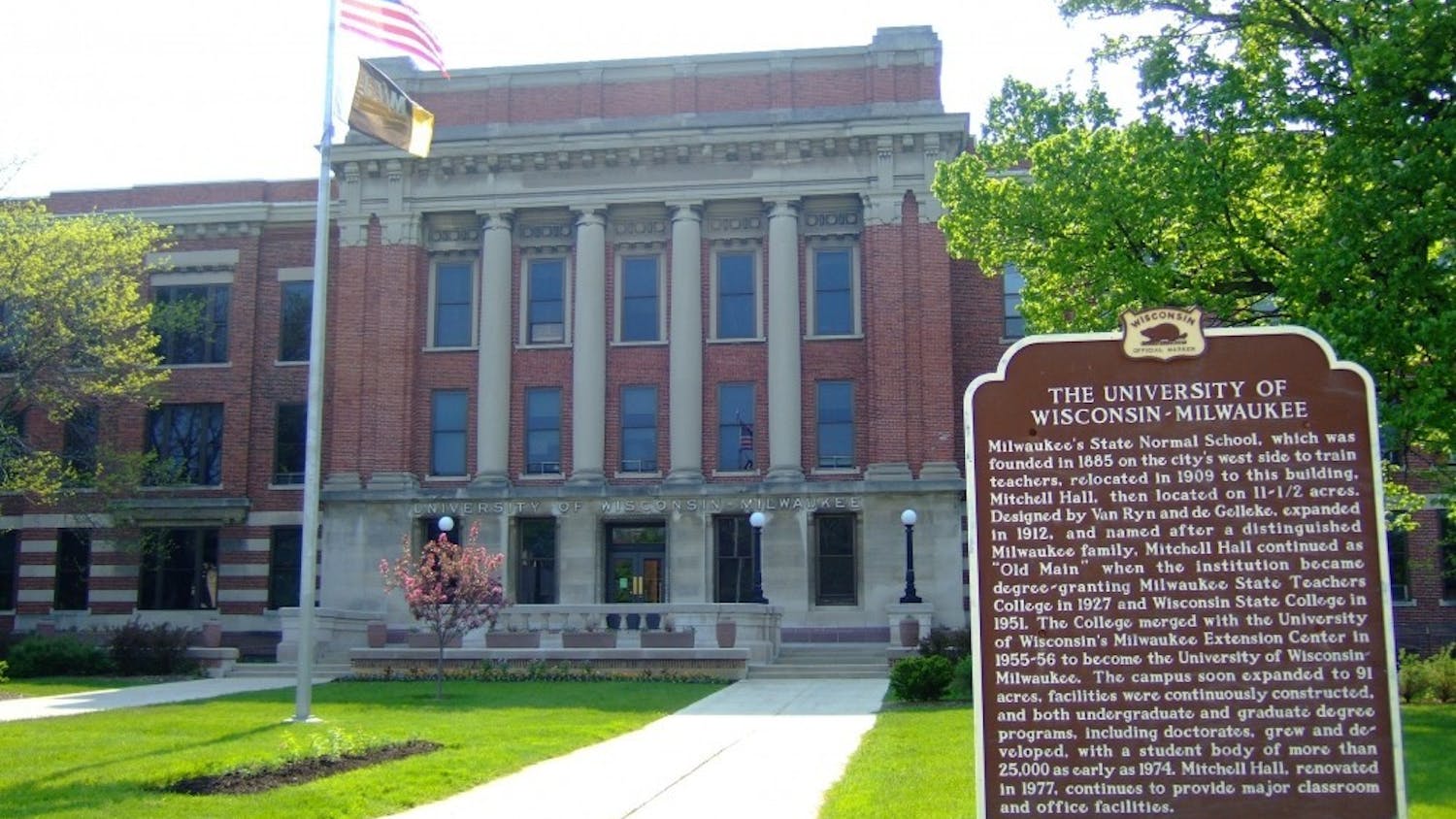As part of Cap Times Idea Fest, Wednesday’s panel addressed current community concerns about the quantity and price of housing in the Madison area.
The four panelists selected had varied backgrounds and perspectives related to the issue of housing: Joe Bernard, planning project manager for the city of Minneapolis; Amani Latimer Burris, District 12 Alder; Ian Carter, realtor and OWN IT board member; and Bill Connors, former Sun Prairie Alder.
The panel featured questions from Cap Times moderator Allison Garfield as well as questions from community members in attendance.
What can the city do to ease prices?
Carter stressed the city needs to be open and transparent about the housing crisis but said there is no clear solution. The two strategies that he considered to be most important were allowing more development on existing property and finding more revenue streams for the city.
Bernard cited redlining and predatory prices as just two of the mechanisms that make housing so unaffordable.
“Housing affordability is a race equity issue,” Bernard said.
Bernard also said the city needs to discuss who the pricing strategies are aimed at.
“That’s what will determine who needs to be in the room,” he said.
What changes does the city need to make?
Latimer Burris said the city needs to start educating consumers about how long changes to housing policy making take and how money should be spent in the meantime.
Connors asserted the city needs a “bold reaction” with more predictable housing in the best locations. “
The most affordable housing [now] is the housing that already exists,” Connors said.
Carter said the big difference, however, is the workforce.
“We don’t have the workforce to sustain this level of building,” he said.
Carter’s proposed solution would be to remove barriers to entry for new developers so “we aren’t always seeing the same names.”
What can Madison learn from other cities?
Bernard saw in Minneapolis that the greatest tactic was to “make housing in unexpected space.” He said Madison can start to do this by freeing up zoning requirements, eliminating parking requirements and funding programs for affordable housing.
Other panelists agreed that zoning is especially an issue for developers and tenants alike.
“Extremely complex zoning codes make projects not work economically,” Connors said.
How should residents engage in housing conversations?
Bernard started with what has worked in Minneapolis: spending resources to get underrepresented groups to the table.
“[White residents of single-family homes] have access and agency already… they’re going to show up and tell us their opinion no matter what,” Bernard said.
The goal, then, should be to build a coalition and make housing goals that are universal to the community, Bernard said.
Latimer Burris pushed back on this idea by explaining the long history of structural problems like housing being put on diversity, equity and inclusion backs through these ‘coalition building’ programs.
“A lot of times, it’s easy to dump us… we don’t have the resources, the time, or the experience,” she said.
However, Latimer Burris agreed that “we need to get everyone on the same page,” which involves getting diverse perspectives on housing issues.
What would it take to get rent control in Madison?
Bernard said that “that’s maybe not the question to be asking.” He said there are very few housing markets who have successfully implemented rent control.
Other panelists noted Wisconsin state law prohibits cities from regulating rent prices.
The panel ended with an announcement of the $22 million property tax referendum on the Nov. 5 ballot, which would raise property taxes to close Madison’s looming budget gap.
Vanessa Gavilan is the city news editor for The Daily Cardinal.






